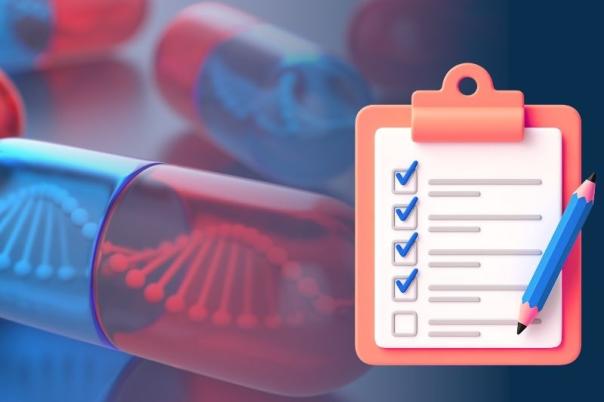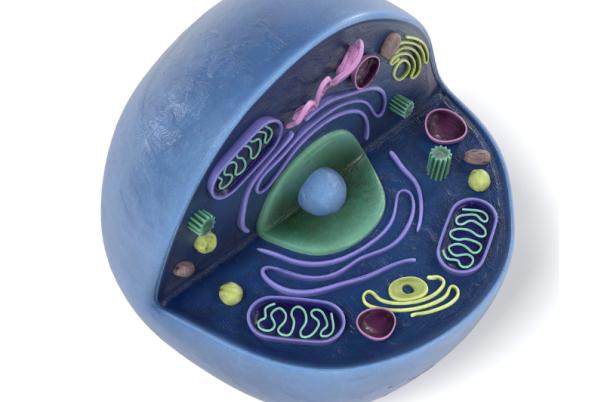Solid tumours are the cause of 90% of cancer deaths but there are only two cell therapies that have been approved in this space. This demonstrates that there is an important unmet need for more therapies but developing cell therapies is notoriously difficult. However, Adaptimmune and Tecelra received FDA approval for their cell therapy product used to treat solid tumours.
Nitin Garg, Director CMC Product Lead at Adaptimmune explained that there are discrepancies around the estimated value of the CGT industry between different data sources such as EvalautePharma and VisionResearch. This poses the question, are we overestimating CGTs? Garg argued that CGTs are not overestimated but new challenges are consistently uncovered. For instance, recruiting patients, and overcoming regulatory obstacles and technical issues all present challenges to the CGT field.
Yet there are ways of overcoming such barriers, Garg suggested combining Phase II and III to shorten the clinical trial period and applying for accelerated approval. This also means that process characterization and analysis must be conducted more quickly making the CMC path narrower and more complicated.
Garg suggested adopting stage-gate frameworks for phased decision-making to ensure readiness for each development stage. He stated, “What I am suggesting here is having some kind of checkpoints or the stage gate for going from one phase to another phase.
These gates ensure that each phase meets the necessary criteria with cross-functional teams aligned on the data as well as on the approach.” This metric-centred approach can give companies a unique road map tailored to their drug programs.
Stage 1 looks at whether business needs and medical needs are aligned during discovery, while stage 2 is an early process alignment to ensure that the initial data is ready for CMC development. Garg explained that during the later phases particularly FIH material manufacturing it is critical to prepare well-thought-out analytical methods.
QbD consists of highly defined components including QTPPs, CQAs, CPPs, and risk assessments. Garg advocated for implementing Quality by Design (QbD) principles early in the process to integrate quality and reduce risks. Prioritizing analytical methods is key to handling large data volumes and ensuring robust process characterisation.
Adaptimmune’s Tecelra received FDA approval in 2024. From 2014 -2018 it remained in the preclinical phase and from 2019- 2021 the drug was in phase II. The analytical side played a key role in FDA approval and the use of digital tools was also essential in the FDA’s decision.
In summary, the path to commercialisation in CGT remains fraught with challenges but offers opportunities for innovation. Garg remained optimistic and proposed that a holistic approach and continuous improvement can help overcome barriers and drive success.






